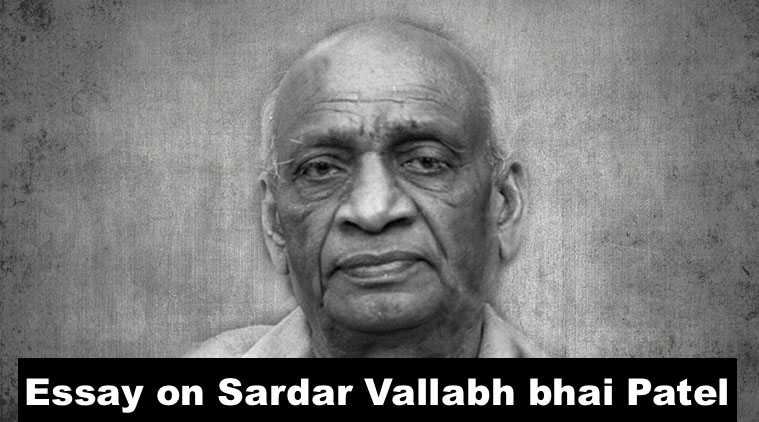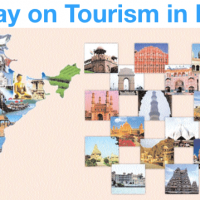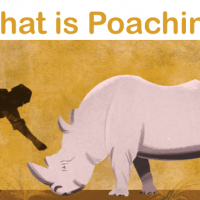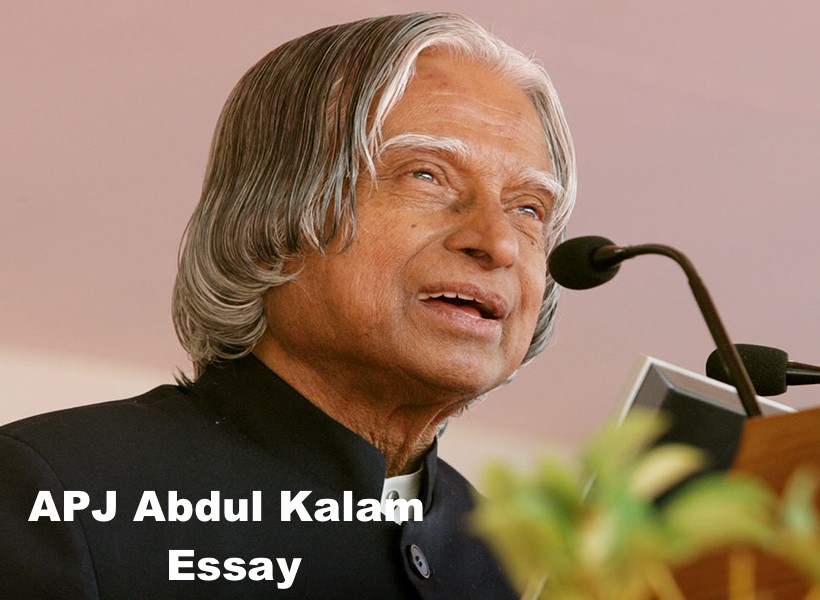Hello Friend This is special category for our small reader who study in school. If they looking for english essay for their school homework or any kind of english essay article then this special category might help you all guyz. in this article we will share Sardar Vallabhbhai Patel Essay in English for all class children and student . Initially we have published 300 word and 1000 word article for Sardar Vallabhbhai Patel.
Sardar Vallabhbhai Patel Essay in 100 word
Sardar Patel was one of the greatest freedom fighters of our country. He is generally called, the “Iron Man of India.
He was born in Karamsad village in Gujarat on October, 21, 1875. His father was a poor peasant. Still, Sardar Patel somehow saved money and went to England where he studied law and became a barrister. He was greatly _influenced by Gandhiji and jumped into politics in 1918.
He took an active part in the Quit India Movement in 1942. He went to jail several times in his life. When India became free, he held the portfolio of the Home Minister along with being the Deputy Prime Minister.
The title ‘Sardar’ was given to him by Gandhiji. The ‘Statue of Unity‘ has been built in his memory in Gujarat which is world’s tallest statue.
Sardar Vallabhbhai Patel Essay in English

India is a country of jewels. Sardar Vallabhbhai Patel, also called the Iron Man of India (Loh Purush), is one the most outstanding jewels of the country. Any Indian at any given point of time should take pride in himIf Gandhiji is credited to have crafted the independence of India, the credit of integrating India must go to Sardar aloneIt was his foresightedness and acumen that ensured that some of the fledgling and splinter groups within the country were wrought together as part of India.
Goa Hyderabad and J&K are classic examples of how he single handedly weaned them away from those trying to tear them away from India. India will ever remain indepted to him for this and many other services he rendered Many believe that if Nehru had paid heed to what he had said about China, India would not have been humiliated in 1962 the way it was. He had forewarned Nehru about the designs of China. Many also believe that if he, not Nehru, were the prime minister, India would have been in a different league today
Vallabhbhai and his elder brother Vithal bhai were sons of a peasant who was also bold and a patriot to the coreTheir father Jhaver bhai Patel was part of the army of Jhansi Ki Rani that fought the British in its first war of independence of 1857.
Both brothers were very enter prising and were known for their grit and determination. Both scaled great heights in academic field.
Vallabh bhai had his primary schooling in his village before moving on to Nadiad and Baroda to pursue his studiesIn school days, he was known for his fearlessness grit and determination. He had a strong will power. He was keen to go to England to study law and for the purpose he had saved some money But on finding that his elder brother was keen to go, he stayed out; and only after his elder brother had completed his studies abroad he went to England and re turned after completing the course.
He was a full-fledged barrister on returning to India. It was sheer hard work and his intelligence that brought him success and great fame as barrister.
Besides, it was one of the objectives of his life to become a barrister. He achieved this objective despite earlier setbacksEven the death of his wife did not come in his way to going to England for studies that would make a barrister.
This speaks of his determination and strong will. It was this trait in his character that was going to stand him in good stead in the days ahead. Meanwhile, Gandhiji had been making political news which drew the attention of Vallabh bhai. He was drawn towards Gandhi like an iron bar is drawn towards magnet. He joined politics in 1918. He began his political career as secretary of provincial political conference under the leadership of Gandhi.
The quality of his work earned him plaudits and he became an instant success in the political arena. One of key elements of his works was to mobilise public opinion against what was called ‘begaar. It was because of his relentless pundit of this issue with the com missioner that the issue was finally resolved with the closure of this practice.
This reinforced his belief that what Gandhi was preaching was the right path and he whole-heartedly endorsed Gandhi’s principle of non-violence. This brought him closer to Gandhi.
The principle of non-violence was put to severe test by him when he applied this in the district of Khera (also called Kaira) where revenue was forcibly being collected from the peasants, even though the crop had failed due to flood. He resorted to non-violent method of Gandhi and forced the government to return the land it had confiscated on account of non-payment of revenue.
He carried forward this method again in 1928 when the government was forcing an un just tax on the unwilling peasants in Bardoli. The farmers launched an agitation under his leader ship.
The government had seized peasants’ land for their default. But Vallabhbhai did not budge from his stand. It was along-drawn battle which came to an end only after his elder brother bro kered a truce. Gandhiji was impressed with the spirit of Vallabh bhai and conferred on him the title of Sardar. He was imprisoned for taking part in Salt Satyagraha
He was now a full-fledged political worker. He had completely given up his profession of legal practice He also advised his sons not to go to England for pursding their higher studies. Vallabh bhai was also elected the President of the Indian National Congress in 1931. He displayed the same spirit in his fight against Rowlatt Act of 1919. This Act enabled the government to detain anyone without assigning any reason. The success of this movement overwhelmed the government
His organisational skill was unmatched and he was able to feel the pulse of the people. Those associated with him believed in him and relied on his ability to lead themIt was precisely because of his popularity with the people and his organisational skill that he was elected the president of the party in 1931. The successful election campaign of 1937 bears testimony to his organisational skill. He was publicly applauded for this success. As a consequence of this the Congress was able to form ministries in 7 out of 11 provinces. To keep a tab on the ministries thus formed, he was made the chairman of the parliamentary board.
He was arrested in 1942 for his participation in Quit India Movement and was kept in jail for three yearsIn 1945, when interim government was made Vallabh bhai was made the Congress representative in the government after being re leased from the prison Subsequently in 1946, he became the deputy prime minister.
When India became free in 1947, he became the first Home Minister of India and he had to tackle certain issues on war footing Muslim League launched direct action in several provinces which resulted in communal riots There was total chaos all around.
With the kind lawlessness that prevailed in several parts of the country it required a man of grit and determination at the helm He handled all of these with a great degree of tact and showed immense political acumen in dealing with the volatile situation He differed with Nehru on several issues relating to Kashmir. Historians believe if Nehru had followed his advice the Kashmir issue would not have gone to the UN where it has remained unresolved till date Kashmir continues to be a vexing issue for India. It was largely because of his political acumen that about six hundred princely states including Hyderabad were merged into India.
Vallabh bhai was the iron man of India and there is no dearth of people who still believe he would have proved to be a more successful prime minister than Nehru was and some of the burn ing issues that still plague India would not have raised their head. He died in 1950 Sardar Vallabh bhai Patel will ever remain etched in the minds of people and the pages of history.
Sardar Vallabhbhai Patel Essay
Often called the Man of iron will, Sardar Ballabh-bhai Patel was the maker of modern India.He was born on 314 October, 1875, in a pa. family of village Karamsad, in Kaira district, His father, Javar Bhai was a great soldier Sardar Patel had his primary education in village school and later in a High school at NadiadH to England Study lawAfter returning he to , practiced law
Ahmedabad District Court He became an in . eminent lawyer.
Soon his brilliance and reputation spread all over and he was elected as one of the city Municipal Commissioners in 1915.When Gandhiji started his Civil Disobedient Movement, Patel came into contact with himIn 1918 Kaira Satyagraha, he gave his full co operation to Gandhiji After 1919 ‘Rowlett Act Agitation rose to became a leader of national prominence. He became the Chief leader of Gujrat. He was arrested by Britishers, while he was lecturing the people on the principle of salt satyagraha. From that time he was known as the Iron man of India’. Then he was appointed the president of Indian National Congress
Sardar Patel devoted his whole life for his countrymen . When he was appointed as the Deputy Prime Minister, he did the unforgettable job. There were many princely states, who were against him, but Sardar Patel crossed all obstructions and strongly faced all problems so efficiently, that all of them accepted his advice Indian Union. His success was and joined complete and spectacular.
But the life span of this iron-man suddenly broke on 15 December, 1951 at 9.37 a.m. in Birla House. His death was mourned by millions throughout the countryIt was an unbearable loss for all of us.
Sardar Vallabhbhai Patel Essay
Vallabhbhai Jhaverbhai Patel was born on 31 October, 1875 in a small village of Gujarat. As Patel’s father was a farmer by profession , Patel grew up in a simple environment devoid of luxuries. He helped his father in the fields and studied at the NK High School, Petlad. Throughout school, he was a very wise and intelligent student. Inspite of poor financial conditions, his । father wanted to send him to college but Vallabhbhai refused. For about three years he stayed at home, worked hard and prepared for the District Leader’s examination, hence passing with very good percentage.
Patel hated to work for anyone, especially the Britishers. He was a person of independent nature. Soon he started his own practice of law in a place Called Godhara which flourished in no time. He saved money and made financial arrangement for the entire family, After gaining self sufficiency and financial, Patel his Childhood pride with him to start his married life. In 1904, he got a baby daughter Manibel, and in 1905, his son Dahya was born,
He sent his elder brother to England for higher studies in law. In 1908. Vitthal bhai (Patel’s elder brother’) returned as barrister and started practising in Bombay. In 1909, Patel’s wife become Seriously. ill and was taken to Bombay for treatment.
vallabh bhai had to go for the hearing of an urgent case and his wife died. He was stunned. He admitted his Children in St Mary’s School Bombay and left for England. He became a barrister and returned to India in 1913.
Around 1915, he came across Mahatma Gandhi when the Swadeshi Movement was at its peak. Gandhiji gave a lecture at a place in Ahmedabad where Patel heard him and was very impressed and started actively participating in the freedom movement. The British government’s atrocities increased. The government declared to confiscate all the lands of farmers. It was Patel who forced the British Government to amend the rules. He brought together the farmers and encouraged them to fight the move of the British and hence acquired the title of ‘Sardar’.
The British Government considered him a threat and his lectures were considered as anti-government and he was imprisoned several times. In 1942, he took part in the Quit India Movement under the leadership of Mahatma Gandhi and was arrested along with other leaders.
At the time of independence, when India was to be divided into two nations, it was Sardar Patel who successfully obtained accession from the ‘Nawabs’ of Hyderabad and Junagadh respectively, who wanted to join Pakistan. Hence, Patel played an instrumental role in integrating the present day India using frank diplomacy and military action,
As the first Home Minister and Deputy Prime Minister of India, Patel organised relief for refugees in Punjab and Delhi, and led efforts to restore peace across the nation, Hailed as the Iron Man of India, he is also remembered as the ‘Patron Saint’ of India’s civil servants for establishing modern all-India Services. Patel was also one of the earliest proponents of property rights and free enter’P’S in India.
patel’s leadership enabled the accession of almost every princely state. Sardar Patel vehemently Opposed Nehru move Of taking Kashmir issue to the United Nations and advised him against it. patel’s health began declining rapidly in 1950’s when personalised medical staff was arranged to attend to him daily. His daughter, Maniben , in response to his worsening medical conditions, restricted his official meetings and engagements.
After suffering a massive heart attack, Sardar Patel left the world on 15 December, 1950 at Birla House in Bombay. In an unprecedented and unrepeated gesture, on the day after his death, more than 1500 officers of India’s civil and police services congregated to mourn at Patel’s residence in Delhi and pledged complete loyalty and unremitting zeal” in India’s service.
Undoubtedly, Sardar Patel was an iconic leader whose service towards unifying the country was immense. He can aptly be described as the architect of the present day India, On the 139th birth anniversary of the legendary leader , that is, 31st October 2014, the ‘Run for Unity programme was organised as a tribute to Sardar. Also, the government announced the erection of । Statue of Unity-a 182 metre-tall (597 ft) monument of Vallabhbhai Patel facing the Narmada Dam, 3.2 km away on the river island called Sadhu Bet near Vadodara in Gujarat.
This statue is planned to be spread over 20000 square meters of project area. It will also be surrounded with a man-made lake spread across 12 kms of area. It would be the world’s tallest statue. This was done to acknowledge the contribution of a leader who was long “marginalised and forgotten by the people.
- Essay on My Best Friend
- Reliance Jio Customer Care
- Essay on My School in English
- Essay on Family in English
- First Day at School Essay
- Corruption Essay in English
- Women Empowerment Essay
- Republic Day Essay in English
- Mahatma Gandhi Essay in English
- Essay on Global Warming in English
- APJ Abdul Kalam Essay in English
- Diwali Essay in English for Class





